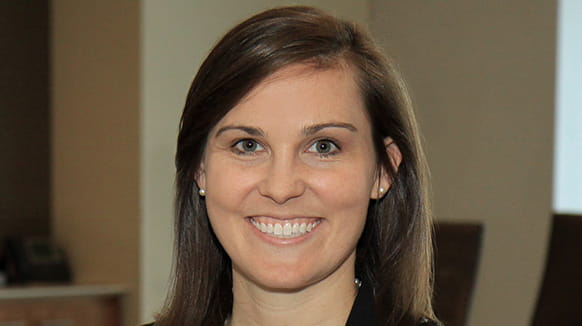Theranos Inc., a former biotech company in Silicon Valley, and the source of significant media coverage since 2015, presents a unique case study for members of the boards of directors of corporations in the medical technology industry. According to allegations by the SEC and the DOJ, Theranos, Elizabeth Holmes (its founder and CEO) and Ramesh “Sunny” Balwani (its COO): (1) defrauded investors, doctors and patients by leading them to believe that Theranos’ key product could conduct comprehensive blood tests from small drops of blood (in actuality, Theranos’ device produced inaccurate results and could only complete a small number of tests and, to keep this fact from its investors and the general public, Theranos, as it is alleged, conducted the majority of its tests on commercially available and/or modified analyzers manufactured by unrelated third parties), and (2) overstated and made false statements about Theranos’ business and financial performance to investors and customers.
In reaction to the above, a question often asked is whether Theranos’ directors adequately fulfilled their fiduciary duties to Theranos and its shareholders. The risks for board members in the medical technology industry are particularly high, given the significance of maintaining the confidential nature of the product and associated intellectual property, the complex scientific and clinical expertise required to understand and assess certain claims, and the potential for patient harm as a result of untrue or misleading statements.
While state laws vary, generally, members of a corporation’s board of directors owe two core fiduciary duties to the corporation and its shareholders: (1) the duty of care, and (2) the duty of loyalty. The duty of care generally requires that directors use the care that an ordinarily careful and prudent person would use in similar circumstances when making decisions on the corporation’s behalf (this could include, for example, taking reasonable efforts to review all relevant information available and understanding the related material facts). On the other hand, the duty of loyalty generally requires that directors act in good faith for the benefit of the corporation and its shareholders (for example, refraining from self-dealing and usurpation of corporate opportunity). Directors who breach their fiduciary duties could potentially face personal liability.
So what lessons can directors in the medical technology industry take away from Theranos?
- It is imperative to put in place and maintain governance structures and internal controls to facilitate accuracy in financial statements and marketing claims.1 According to Fortune Magazine and Forbes, Theranos’ board of directors (which included former Secretaries of State, former Defense Secretaries, former senators and other high level military officers) did not have the proper regulatory and financial expertise to appropriately make decisions on behalf of Theranos’ shareholders, or the relevant expertise in the particular industry to bring different viewpoints and identify critical issues.
- Having a scientific advisory board (or otherwise engaging independent third parties) with knowledge in the relevant industry should be a priority for the board. Corporations in the medical technology industry are encouraged to have scientific advisory boards or engage independent parties so that directors may consult with these experts when appropriate or otherwise have them inspect relevant records (including contracts) to ensure the day-to-day operations are adequately understood.
- Per the Wall Street Journal’s investigation, Theranos’ board of directors rarely questioned Holmes’ and/or Balwani’s management – and any member of the board that expressed a dissenting viewpoint or asked challenging questions was reportedly asked to resign. In the course of investing in corporations in the medical technology industry, entrepreneurs, venture capitalists, private equity investors, and their respective advisers, will be encouraged to ensure the corporation is being run and governed for the benefit of all of its investors. Creating a system of transparency that promotes dissenting viewpoints and encourages challenging questions by board members allows the board to thoroughly and properly oversee the management of the corporation.
For more information about fiduciary duties or our Healthcare Transactions Practice Group, please contact one of the lawyers below.



